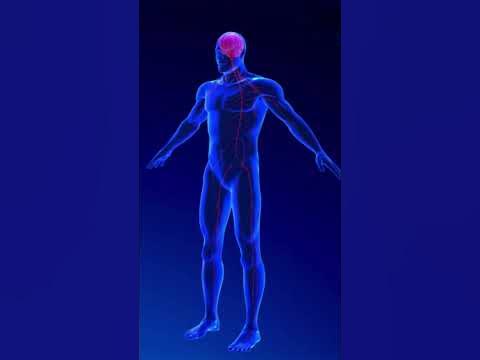Did you know that uncontrollable worry is an anxiety disorder that typically starts in childhood? It’s a disorder that is usually life long and comes and goes over the course of your life.Uncontrolled worry is one of the hallmarks of Generalized anxiety disorder. This is different from obsessive compulsive disorder where you have obsessional thoughts and or rituals you have to perform. It’s also different from panic disorder where you have sudden attacks of anxiety with a lot of physical symptoms.A sign that your anxiety is causing functional impairment or interfering with your daily activities is when it races out of control at night and keeps you awake. So there’s a loss of control of your ability to tune out these thoughts or distract yourself from them.If you’re one who has worked hard at meditating and using exercise to reduce your anxiety, you may be able to turn down the volume on these thoughts, but it’s like a script running in the background that you can’t completely quiet. That negative commentary that you can’t make go away, can start to make you feel depressed and hopeless.A current theory for why you can’t control your anxious thoughts is that uncontrolled worry comes from deficits in attentional control and it’s effect on your working memory. Attentional control is a higher level brain function called an executive function.If you have good attentional control, you can sustain focus on a task and filter out things that don’t relate to the task at hand. You are also able to cleanly move your attention from one task to another without the previous task distracting you from doing the new task. The ability to do this is based on the strength of your neural pathways that make these actions possible.So with anxiety and depression, these nerve pathways are disrupted or not functioning properly. This makes you unable to filter information and let go of the thoughts that cause you distress.Something that shows real promise for helping you get more control over your thoughts is brain training games or cognitive training. These specialized exercises, boost attentional control and improve your working memory. That improvement in your executive function has positive effects on your emotional functioning.The brain training exercises are not just something used by researchers. There are commercially available options that can be used on a self-help basis. One such company is called Cognifit. They have a version available for clinicians and educators, but they also have a version for personal use. You’re able to take a cognitive assessment to see what your weaknesses are, then choose the games that can help you build up your skills.On this issues of brain training, take a look at this video I did talking about learning to play a musical instrument to improve your mental capacity and brain plasticity https://youtu.be/AHgjZJKfGhs. It’s just another tool in your arsenal to improve your mental health.References
Stefanopoulou E, Hirsch CR, Hayes S, Adlam A, Coker S. Are attentional control resources reduced by worry in generalized anxiety disorder?. J Abnorm Psychol. 2014;123(2):330-335.Luo X, Zhang L, Wang J. The Benefits of Working Memory Capacity on Attentional Control under Pressure. Front Psychol. 2017;8:1105. Published 2017 Jul 10.Scholten H, Malmberg M, Lobel A, Engels RC, Granic I. A Randomized Controlled Trial to Test the Effectiveness of an Immersive 3D Video Game for Anxiety Prevention among Adolescents. PLoS One. 2016;11(1):e0147763. Published 2016 Jan 27.Beloe, Patricia & Derakshan, Nazanin. (2019). Adaptive working memory training can reduce anxiety and depression vulnerability in adolescents. Developmental Science. 23. e12831. 10.1111/desc.12831.Want to know more about mental health and self-improvement? On this channel I discuss topics such as bipolar disorder, major depression, anxiety disorders, attention deficit disorder (ADHD), relationships and personal development/self-improvement. I upload weekly. If you don’t want to miss a video, click here to subscribe. https://goo.gl/DFfT33Disclaimer: All of the information on this channel is for educational purposes and not intended to be specific/personal medical advice from me to you. Watching the videos or getting answers to comments/question, does not establish a doctor-patient relationship. If you have your own doctor, perhaps these videos can help prepare you for your discussion with your doctor.



